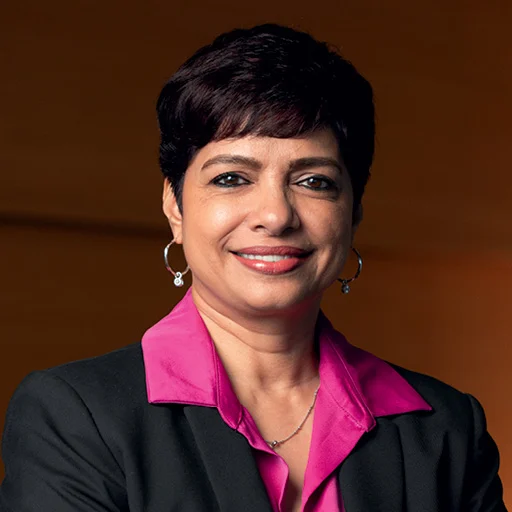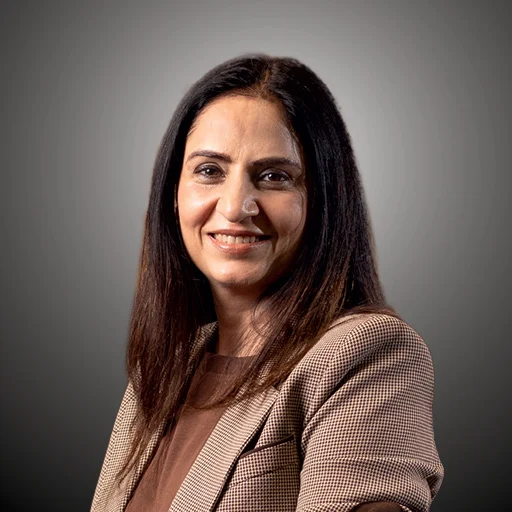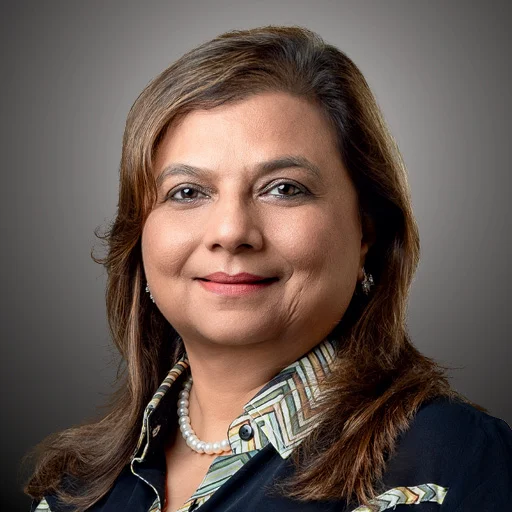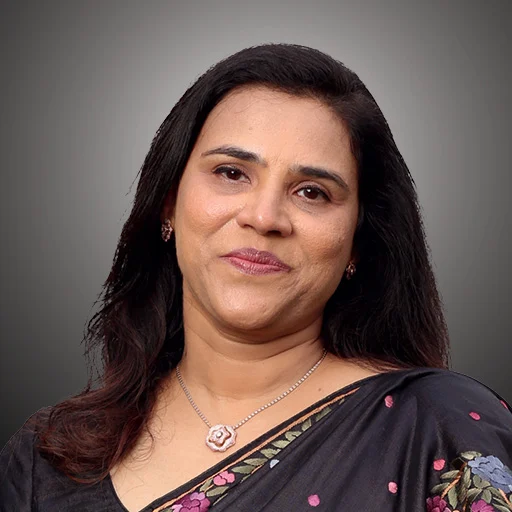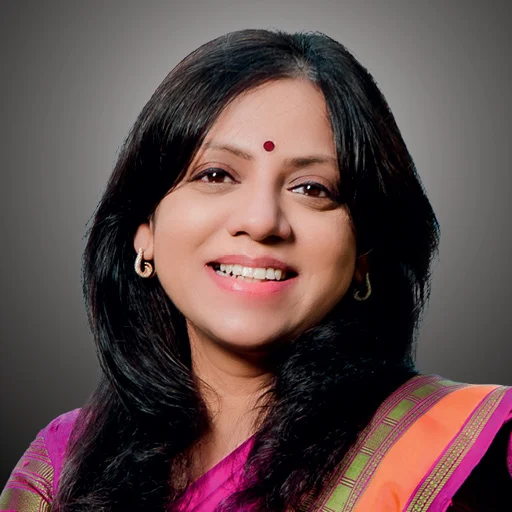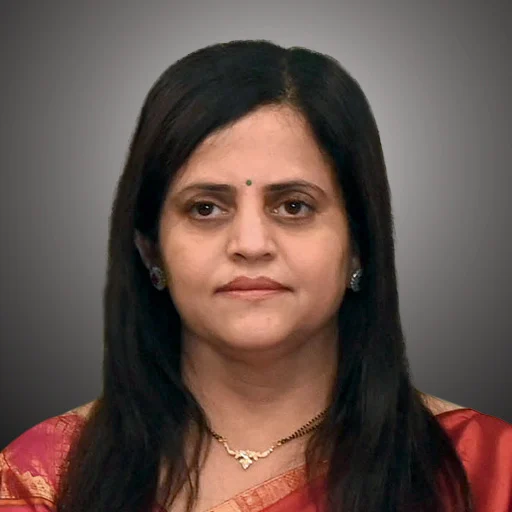Fortune India MPW 2025: Women lead the way in building a more inclusive, sustainable, and future-ready country
From climate action and entrepreneurship to infrastructure and storytelling, MPW 2025 spotlighted the women shaping India’s growth story.
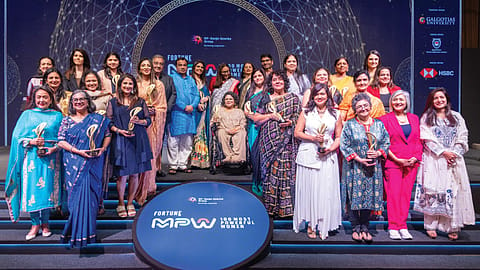
The air at the Jio World Convention Centre was brimming with anticipation as some of the most sought-after women in business and economy congregated, as the sun set in Mumbai, for the 2025 edition of Fortune India’s Most Powerful Women awards. The annual, curated list celebrates the country’s most influential female leaders in business, politics, and entrepreneurship.
This year’s event began with an address by Sourav Majumdar, Editor-in-Chief, Fortune India, who emphasised the role of women in the Indian economy as it moves towards 2047. He highlighted the challenging times the world finds itself in, averring the need for diversity and inclusion to be followed in spirit rather than being tokenistic.
He also exhorted stakeholders to increase their efforts to have more women not only in the workforce but also in senior leadership positions, such as corner offices. He also acknowledged the impact of concerted efforts on women’s empowerment, with increased participation of women in the labour force in rural India, which epitomises the need for more women leaders to lead by example.
After the enriching address by the editor-in-chief, a powerful narrative emerged: women, though disproportionately affected by climate change, are also at the forefront of driving sustainable solutions. Leaders from across industries shared how they are not only transforming their organisations but also empowering communities through climate-resilient practices and inclusive leadership.
Vaishali Nigam Sinha, Co-founder, ReNew & Chairperson, Sustainability, emphasised the urgent need to involve women in climate policy and enterprise, noting that while women are often the most severely affected by disasters, they are also the most effective grassroots problem-solvers. Dipali Goenka, MD & CEO, Welspun Living, highlighted her company’s upcycling initiative, which enables rural women to earn dignified livelihoods. Meanwhile, Preeti Bajaj, CEO & MD, Luminous Power Technologies, described a pioneering effort to redesign manufacturing lines, allowing women to build transformers at scale. Ritu Gangrade Arora, CEO & CIO, Allianz Investment Management, Asia-Pacific, emphasised the need for inclusive meritocracy in investment leadership and the long-term impact of visible female role models. Together, these voices reflected a central truth: when women lead with purpose, climate action becomes not only possible but powerful.
The panel discussion was followed by a candid conversation on ‘Women in Entrepreneurship’, highlighting the unique values women bring to the business world—chief among them, integrity, empathy, and purpose. Soumya Rajan, founder and CEO of Waterfield Advisors, reflected on her exit from a male-dominated, commission-driven banking sector, emphasising that integrity drove her leap into entrepreneurship. She stressed the importance of mental resilience and courage, noting that self-belief is often what enables women to step into leadership roles.
Devita Saraf, founder, chaiperson, and CEO of Vu Group, echoed the sentiment, underscoring that women-led businesses often prioritise customer-centricity, creativity, and giving back. Amisha Vora, CMD of Prabhudas Lilladher Group, shared her doubts and triumphs, revealing how overcoming self-questioning and societal perceptions enabled her to lead confidently, pay off debt, and prepare for larger fund-raising rounds. The discussion reinforced that while women face distinct challenges, they also possess a unique blend of vision and strength that can redefine the concept of entrepreneurship.
Ashwini Bhide, Managing Director of Mumbai Metro Rail Corporation and Principal Secretary to Maharashtra’s Chief Minister, offered a compelling look into the scale and complexity of infrastructure development in the state. In a fireside chat titled ‘Reimagining Maharashtra’, Bhide revealed that she is currently overseeing 25–30 mega infrastructure projects worth ₹5 lakh crore, spanning sectors such as transport, energy, water resources, and railways. Operating from the CM’s war room, her mandate is to ensure these projects stay on schedule despite the labyrinth of challenges—ranging from land acquisition and regulatory clearances to financing and litigation.
Among her key undertakings is the implementation of Mumbai Metro Line 3, the city’s first fully underground corridor. Bhide underscored the metro’s transformative potential in easing congestion in one of the world’s densest cities, where only 2,000 km of road network serves over 20 million residents. Unlike the limited reach of the city’s suburban rail system, the metro can navigate both above and below ground, connecting underserved pockets and enabling a daily ridership of up to 10 million once the network is complete. Despite facing numerous court cases and physical constraints—such as building 56 kilometre of tunnels beneath densely populated areas—Bhide emphasised that decongesting Mumbai’s roads is not just a goal but an inevitable outcome of this infrastructural push.
Former NITI Aayog CEO and India’s G20 Sherpa, Amitabh Kant, delivered a powerful message: India’s ambition to become a $30 trillion economy by 2047 is impossible without significantly increasing women’s contribution to GDP. In a candid fireside chat with Fortune India Editor-in-Chief Sourav Majumdar, Kant argued that women must move from the margins to the mainstream—through policy shifts, access to capital, digital inclusion, and most critically, a transformation in societal mindset.
(INR CR)
Drawing from his experience during India’s G20 presidency, Kant explained how shifting the global dialogue from “gender equality” to “women-led development” was met with resistance yet proved essential to India’s vision of inclusive growth. He cited data to expose the deep gender gap in entrepreneurship and economic participation, urging private capital—especially PE and VC funds—to mentor and invest in women-led startups actively. Emphasising financial inclusion through initiatives like Aadhaar and UPI, Kant noted that India’s rapid digital transformation has laid the foundation for empowering women at scale. Calling women-led ventures more disciplined and better governed, he advocated earmarking a significant portion of India’s ₹20,000 crore deep-tech fund specifically for women. Now mentoring startups post-bureaucracy, Kant’s parting message was clear: women must not only participate in India’s growth story—they must lead it.
This was followed by a thought-provoking panel titled ‘The Changing Face of Content’ explored how the rise of short-form content and the dopamine-driven dynamics of social media are reshaping the entertainment industry. Filmmaker Kiran Rao noted that technology has dulled audiences' sense of wonder, leading them to crave constant stimulation. Monika Shergill, VP of Content at Netflix India, emphasised the urgent need to reframe how we use technology—shifting from addictive doomscrolling to platforms that enable deeper, more meaningful storytelling.
Industry leaders agreed that despite challenges, technology also presents unprecedented creative opportunities. Jyoti Deshpande of Reliance Industries spoke of AI and tech as enablers, imagining once-impossible projects like a digitally rendered Mahabharata. Ram Madhvani showcased how immersive VR content can break free from attention-span constraints, while Vikram Malhotra argued that audience behavior proves there’s still a strong appetite for long-form storytelling. Collectively, the panel underscored that the future of content lies in balancing the speed of technology with the substance of narrative.
Shashwat Goenka, Vice Chairman of the RP-Sanjiv Goenka Group, took the dais to deliver a stirring tribute to women redefining leadership across India. In his keynote address, Goenka emphasised that true leadership is not about command or control but about conviction, compassion, and collective progress. He praised the women on the MPW list as those who set intellectual agendas, led by example, and drive tangible change—whether in boardrooms, on the ground, or across sectors as diverse as business, science, arts, and governance.
Goenka noted that these trailblazers exemplify instinctive and inclusive leadership, breaking barriers and uplifting others as they rise. “When they lead, the world moves forward,” he declared, urging society to not only celebrate their achievements but also amplify their voices and choices. The MPW 2025 event, held annually, convenes India’s most influential women leaders for rich dialogues on innovation, diversity, and the future of leadership—honouring 100 extraordinary achievers shaping the future of business and society.
Reaching the highlight of the event, Union Minister for Road Transport and Highways Nitin Gadkari, the chief guest, laid out an ambitious and inclusive roadmap for ‘Building the New India’. In a dynamic fireside chat with Fortune India’s editorial leadership, Gadkari underscored the importance of electrification, biofuels, and smart infrastructure in shaping a sustainable future. He announced that advancements in flash-charging technology would soon render short-haul flights obsolete, with electric buses set to replace air travel on routes like Delhi to Dehradun, Jaipur, and Chandigarh. Highlighting a dramatic drop in battery costs, he predicted that EVs would soon be cheaper than petrol and diesel vehicles.
Gadkari also focused on socioeconomic inclusion, particularly the role of women and tribal communities in driving grassroots entrepreneurship. From creating jobs in Naxal-affected areas to supporting sari and carpet-making ventures led by tribal women, his vision combined innovation with empowerment. The minister stressed the importance of resolving issues with action, not excuses—a philosophy he has instilled in his bureaucracy. With infrastructure monetisation efforts bringing in ₹56,000 crore annually and projected to reach ₹1.4 lakh crore, Gadkari envisions reinvesting this capital into next-generation highways, smart mobility, and inclusive growth.
The event drew its curtains with the winners in the list felicitated with the awards by Nitin Gadkari, the Union Minister of Road Transport and Highways; Shashwat Goenka, vice chairman, RP-Sanjiv Goenka Group; and Sourav Majumdar, Editor-in-Chief, Fortune India.
